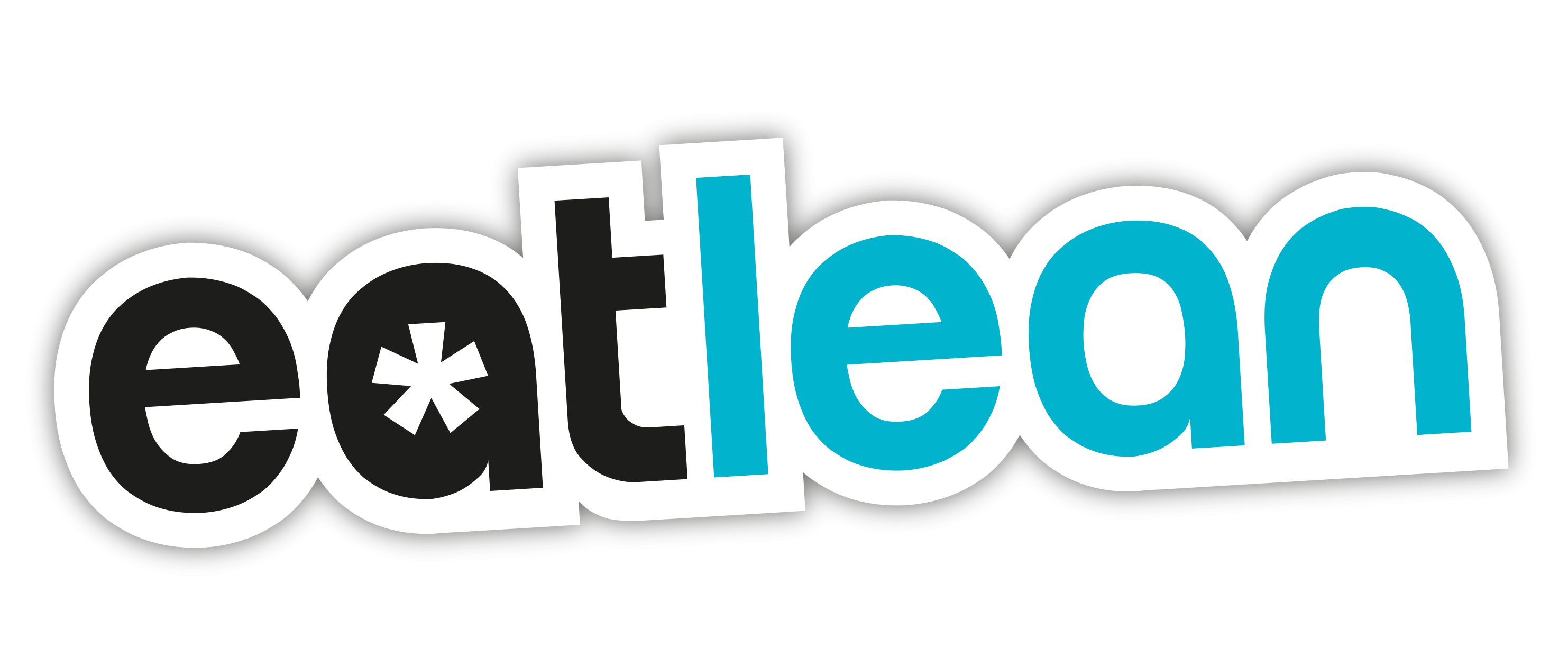Feeling a Tad Isolated? The Surprising Impact of Reduced Exercise During Lockdown.

Lockdown, and self-isolation is proving incredibly challenging for all of us, thankfully Eatlean official ambassador Brett Hadley has got your back! Check out his incredibly insightful research-proven article below, which looks into the effects of reduced exercise during lockdown!
If you’re like most of the people I work with, right now you’re worrying that you’re going to undo all your hard work while being stuck indoors… gyms shut, no equipment at home, not being able to do your usual exercise plan… and you might just have to take up running again instead… I mean, what else can you do?!
I’ll tell you the same as I do my clients…
You won’t lose all your progress in a few weeks… even if you’re doing very little.
Why take my word for it?
You don’t need to actually, because, fortunately for me there’s a lot of studies out there that can provide evidence… rather than just my word. (1) An example is a study by Ogasawara, where a group of people who trained continuously for 24 weeks were compared to another similar (periodic) group, who instead only trained for 3 cycles of 6 weeks and took a break for 3 weeks between each cycle, and they showed similar progress in muscle size and strength at the end of the 24 weeks despite the breaks and overall less training volumes.
But, wait… how?
Both groups had similar rates of progress in the first 6 weeks, with the continuous group making more progress after…
But you said they didn’t train as much, so how is that possible…
Wait for the kicker, after the break in the periodic group, the rate of progress was faster than the continuous group at that point, so by the end of the 24 weeks they made the same progress!
The take-home is taking regular extended breaks in training won’t hurt your progress, and in fact, might even help in the long run with injury prevention through lower fatigue accumulation, and more recovery time (2) This review found Underperformance syndrome (UPS) can lead to increased injury risk in athletes.
UPS is a mixture of high training loads and lack of recovery leading to what you might know alternatively as ‘overtraining’.
For the more ‘physique’ orientated people amongst us, another study (3) shows that no significant muscle was lost during a three-week break from training in groups of trained males.
So, rest assured a few weeks of the gym isn’t going to leave you looking like an unfilled water balloon!
But what about my fitness? Will I lose all my cardio gains?
Besides the fact that you can still maintain fitness WITHOUT any investment in equipment, it does seem to be that cardiovascular fitness seems to take a hit a bit quicker than your #gainz if you do LITERALLY nothing. (4,5)
Broadly, it seems, that things like VO2 max, time to exhaustion, general endurance etc all decrease within <2-4 weeks of being detrained. So, we likely don’t want to take too long breaks from cardio if performance and cardio fitness is a priority. Luckily you can still hit the road on a bike or pair of trainers. Or even the local woods if you’re lucky enough to live near any for an invigorating hike!
But even if swimming is your thing for example, and you now don’t have access to a pool. There are studies showing that other forms of exercise can maintain and improve cardiorespiratory fitness Even weight training (6)!
Focusing on what you CAN do is important because it will help you, in the long run, retain fitness, muscle, and make it easier when you return to training properly. It will also help with your mindset, stress and mental health (7)
One last thing, if you want to help support retention of muscle mass during any potential periods of dieting or less training activity, don’t forget a key nutritional intervention that will help… A high protein diet! A group consuming 1g protein per kg of body weight lost significantly more muscle during a dieting phase than a group consuming 2.3g protein per kg of body weight (8). Protein is essential for the maintenance of lean body mass. For more information on the importance of protein in your diet read our blog.
Quick summary;
1. You won’t lose significant muscle or strength in short periods or breaks from training
a.It might even improve your progress in the long term
2. Your cardio fitness does take a hit if you do nothing for a couple of weeks, but it can be retained easily with some activity that pushes you a bit
3. Focusing on doing something will not only help you retain muscle and fitness but will also improve your mental health or help protect against depression/anxiety
4. Keep your protein levels up by ensuring you have a high protein breakfast, lunch or diner, look at c.2.3g per kg/bw
- Comparison of muscle hypertrophy following 6-month of continuous and periodic strength training. Riki Ogasawara
- Rice, S.M., et al., The Mental Health of Elite Athletes: A Narrative Systematic Review. Sports Med, 2016
- Effect of 3 weeks of detraining on the resting metabolic rate and body composition of trained males. LaForgia J
- Detraining: loss of training-induced physiological and performance adaptations. Part I: short term insufficient training stimulus
- Detraining: loss of training-induced physiological and performance adaptations. Part II: Long term insufficient training stimulus
- Strength training improves cycling performance, fractional utilization of VO2max and cycling economy in female cyclists
- Exercise for depression, Cochrane Systematic Review
- Increased Protein Intake Reduces Lean Body Mass Loss during Weight Loss in Athletes, Mettler S






